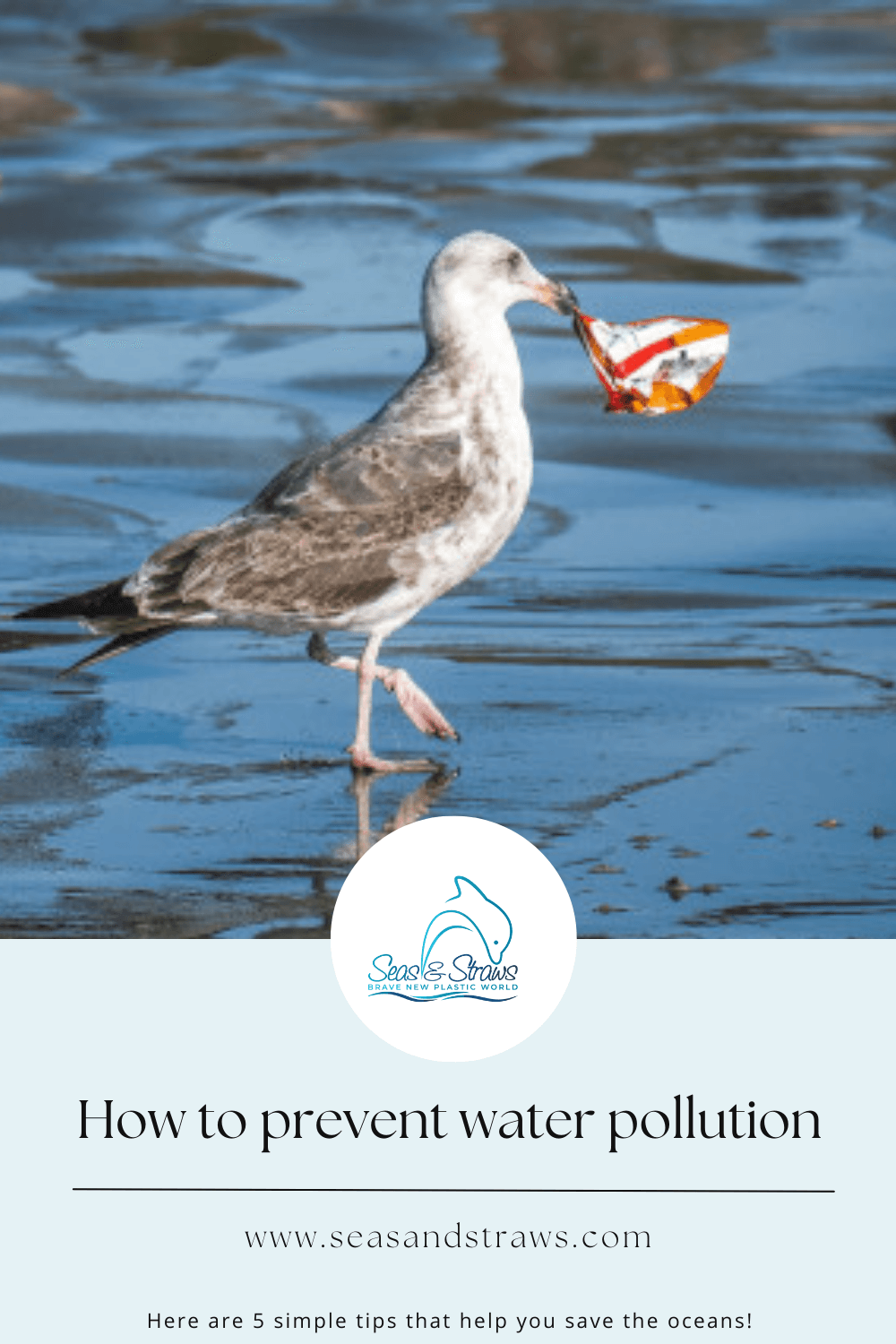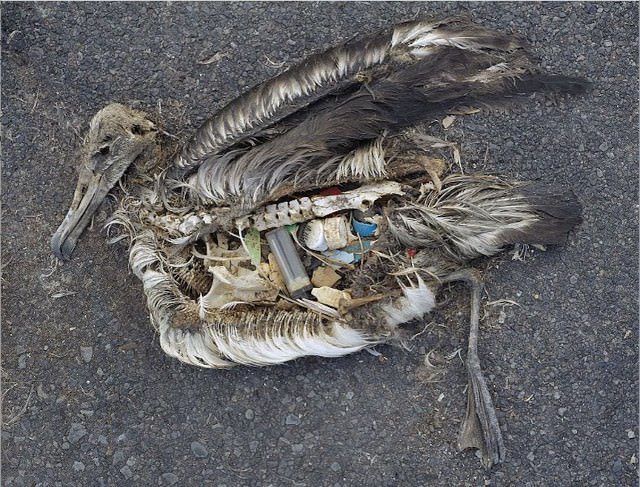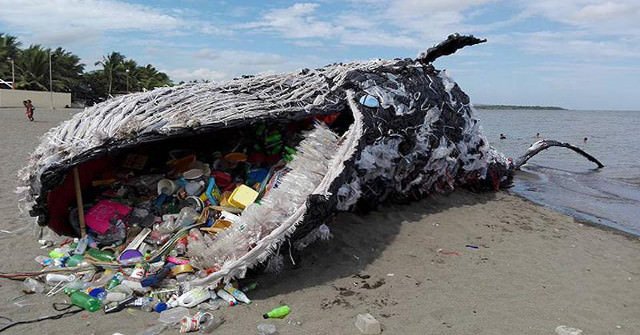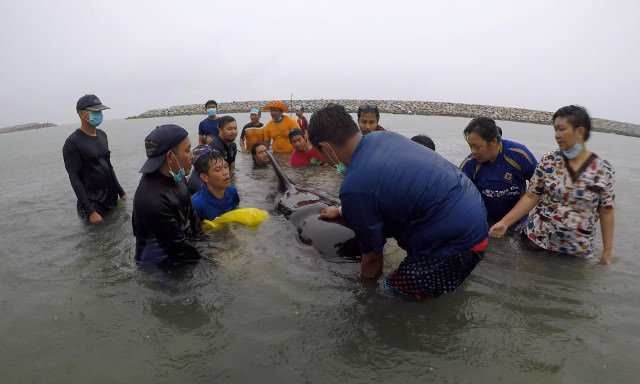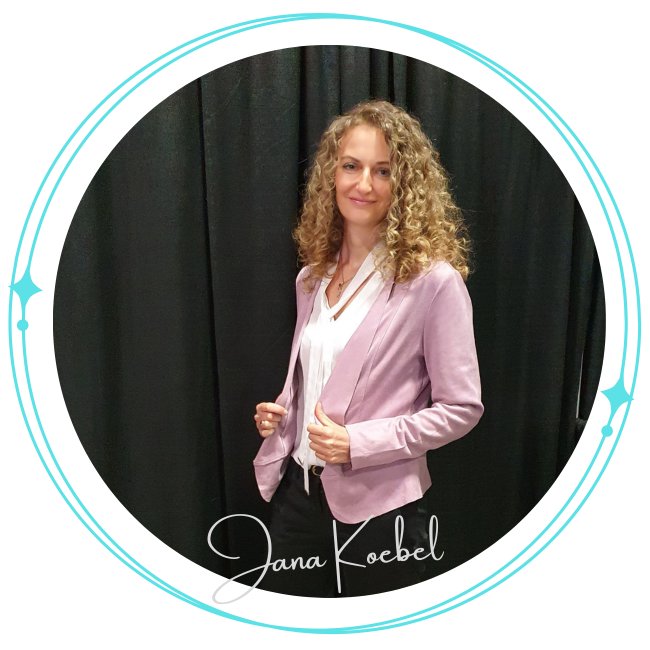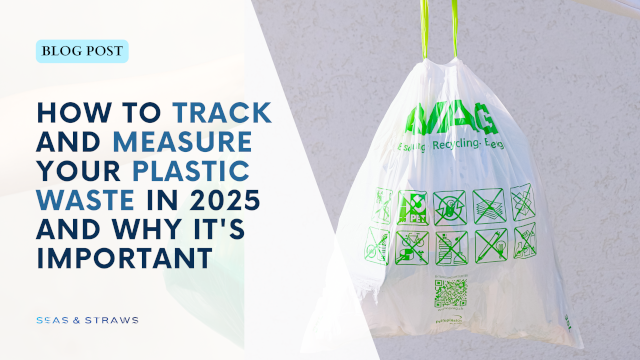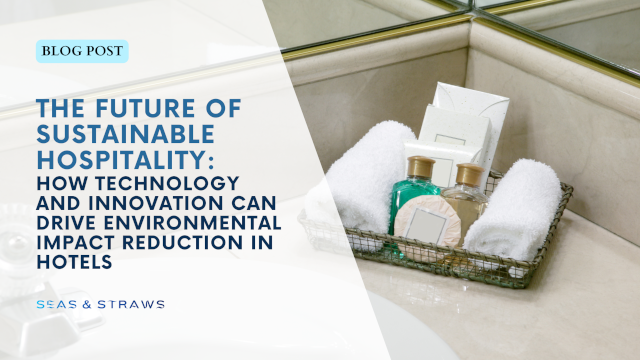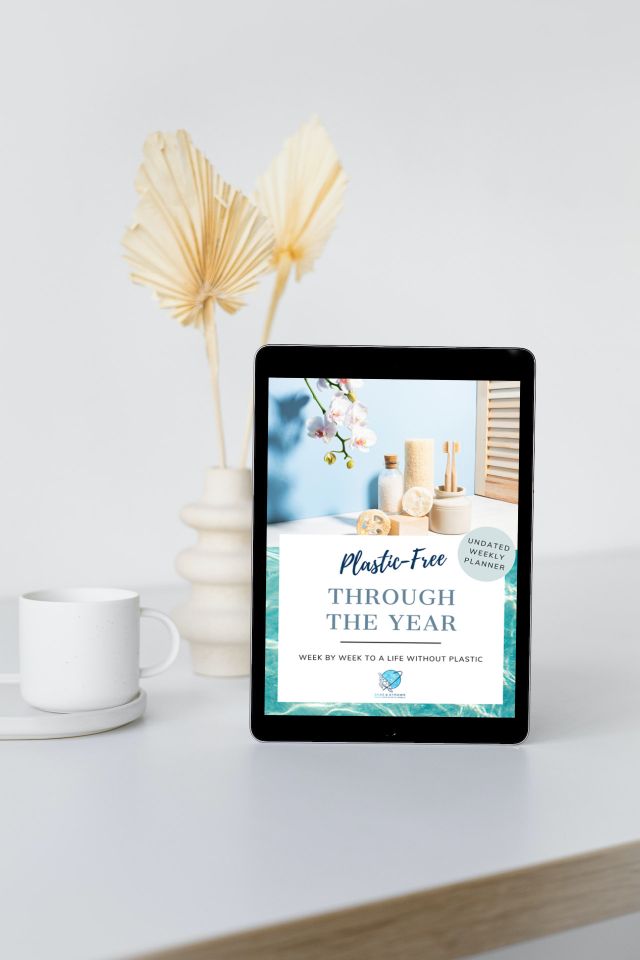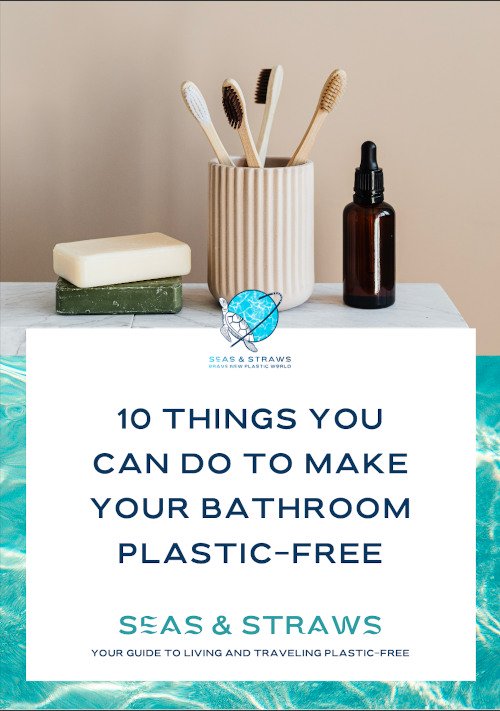- Home
- Ocean Pollution
- Water Pollution Solutions
- How to Prevent Water Pollution
How to prevent water pollution - 5 simple tips
Every year, an estimated 8 million tons of waste enter our seas. It takes the ocean 450 - 1,000 years to break down the plastic, and even then, it never vanishes. It only breaks down into ever smaller pieces. We will never be able to clean up the oceans of all plastic particles. We might be able to rid them of the biggest pieces of plastic - it’s estimated to take us till 2040 to do that - but the smaller pieces will forever remain there. That’s going to take longer though if the oceans keep being polluted. The solution? Prevent water pollution at the source.
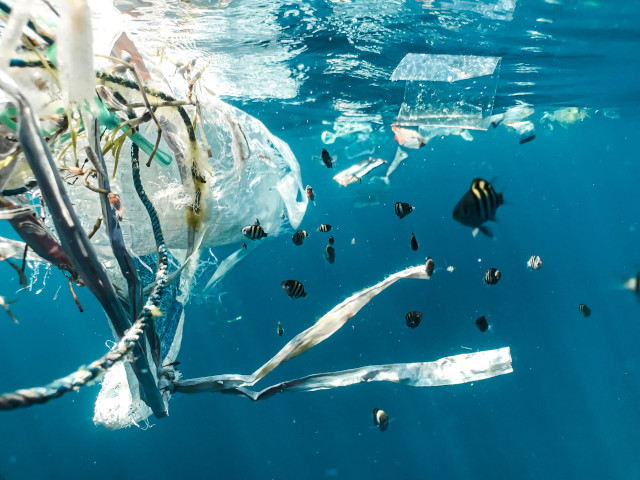 Plastic ocean pollution is a serious threat to all marine life.
Plastic ocean pollution is a serious threat to all marine life.Here are 5 simple tips you can use to help save the oceans!
1. Use less plastic
This one is pretty obvious - if plastic keeps ending up in the ocean, try not to use it! Take a look at the non-degradable things you use, and ask yourself if you really need them. Can you replace them with eco-friendly alternatives? Most single-use plastics that you use daily are easily replaceable with more sustainable ingredients like bamboo, hemp, glass, or stainless steel. They’re also super durable and save you some extra money in the long run.
2. Shop mindfully
When shopping, don't immediately choose the product you know or the one that stands out the most, but take a moment to consider all the alternatives and choose the one that is easy to recycle.
For example, if you need to buy a water bottle, opt for a glass bottle instead of a plastic one. I explain here why this is better for you and the environment.
Another step you can take is to support sustainable brands - these are brands that focus on being as eco-friendly as possible and are therefore very conscious about the materials they use and where they source them from. Some of these brands also actively contribute to restoring the environment! I talk about my favorite cleaning products for 2022 here.
3. Reuse products
Sometimes it is impossible to avoid buying plastic. In this case, it's best to reuse them as often as possible. This means using your grocery bags to collect trash, your plastic bottles to water your flowers (don't drink from it again!), etc. This will help reduce consumption since you won't have to keep buying new products to replace them, and it also means that less plastic will contribute to water pollution.
There are numerous upcycling ideas on the internet - get creative and have fun!
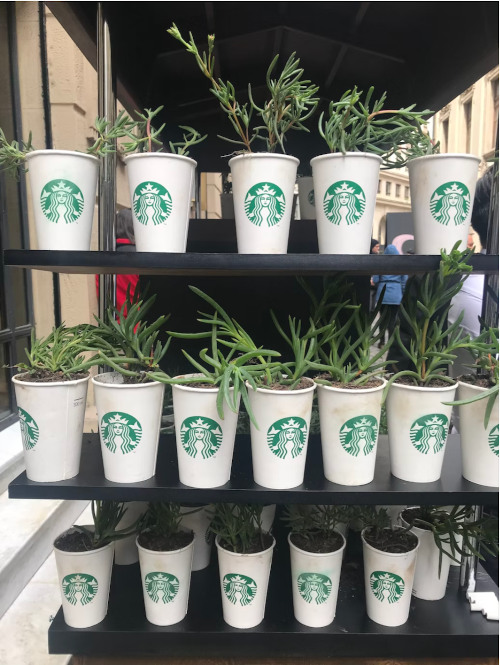 A Starbucks lover found a way to upcycle old coffee cups.
A Starbucks lover found a way to upcycle old coffee cups.4. Dispose properly
If you live in a town/city that has separate trash units for plastics, always dispose of them through them. Even if your city doesn't have a recycling program, make sure you don't carelessly throw away plastic or leave it lying around anywhere. You should always seal garbage bags well. Plastic is very lightweight and is quickly blown away by the wind which could contribute to water pollution.
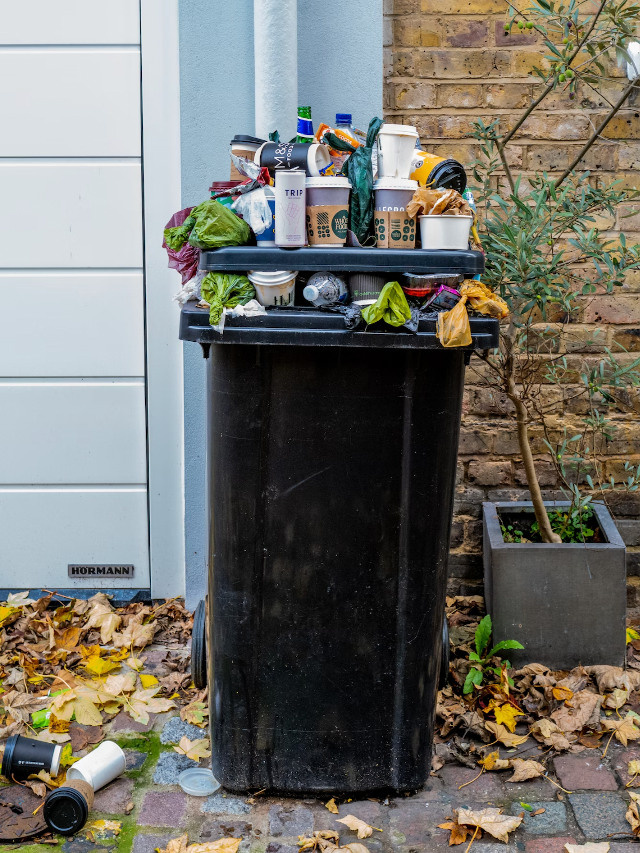 Plastic is very lightweight and quickly gets blown out of trash cans.
Plastic is very lightweight and quickly gets blown out of trash cans.At home, dispose of not only your waste but also chemicals properly. These can include fertilizer, detergents, and even oil. If you pour these chemicals down the drain or simply hose them off your home, they can be washed away or spilled into the nearest body of water. This type of water pollution destroys marine habitats and poisons marine life.
5. Support and Advocate
What you can do to reduce water pollution goes beyond your lifestyle. Look for environmental organizations working to save the oceans and support them! You can do this by volunteering in their activities or sending donations.
Also, educate those around you and encourage them to adopt these practices (the first step is to share this with a friend). You can also contact your state or city officials and encourage them to advocate for environmentally friendly measures (e.g., plastic recycling facilities).
Giving up plastic can be difficult, especially if you don't have a guide. I can help you go plastic-free in just one year! Interested? Read more here.
Read more about that topic
10 Solutions to Water Pollution You Should Know About
